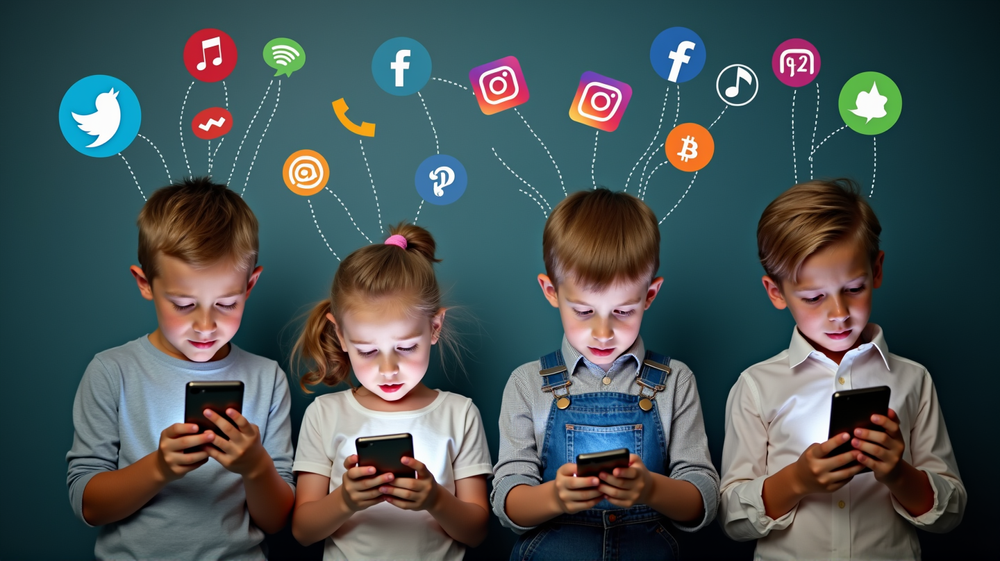Is Social Media the Hidden Trigger for Your Child’s Anxiety?
Social media has become an indispensable part of our lives. For our children, however, this digital world may be more destructive than beneficial. As stated in Movieguide, these platforms often act as mirrors that reflect unrealistic expectations and societal pressures, contributing significantly to mental health issues, especially anxiety.
The Alluring Illusion of Perfection
Imagine a constant parade of picture-perfect moments in front of your child—vacation snapshots, glamorous parties, and wins that tally up to an unachievable norm. Social media serves as a relentless reminder of what they lack rather than what they have. Thus, the comparison begins.
According to Jacqueline Sperling, PhD, this is where social media’s addictive nature comes into play, mimicking the unpredictability of a slot machine—creating a cycle that young users find hard to break free from.
Navigating Through “FOMO” and Its Implications
The ‘Fear of Missing Out’—or “FOMO”—is another psychological challenge spurred by social media. When children see friends enjoying activities without them, it breeds insecurity and social anxiety. In a world where notifications and refreshable feeds never cease, this can create a constant state of vigilance and stress.
The Decline of Real-Life Connections
Social media consumption is making face-to-face interactions rare. A study involving Stanford psychologist Jamil Zaki emphasizes that real-life connections boost happiness and alleviate stress; however, technology is pushing young people into isolation. Zaki explains how modern conveniences have created a “social inertia,” favoring solitude over interaction.
Young Minds in the Social Media Trap
While social media is a crucial connector globally, for still-developing minds, it poses a peculiar challenge. The constant exposure to curated images can do more harm than good. These young users could lose the ability to interact easily in real-life settings, and face additional psychological pressures before they’ve fully matured.
Striking a balance between digital and real-world engagement is critical. Guiding your child through these challenges can potentially mitigate the anxiety that social media so often spurs. Let’s ensure that the virtual world doesn’t overshadow their reality.




